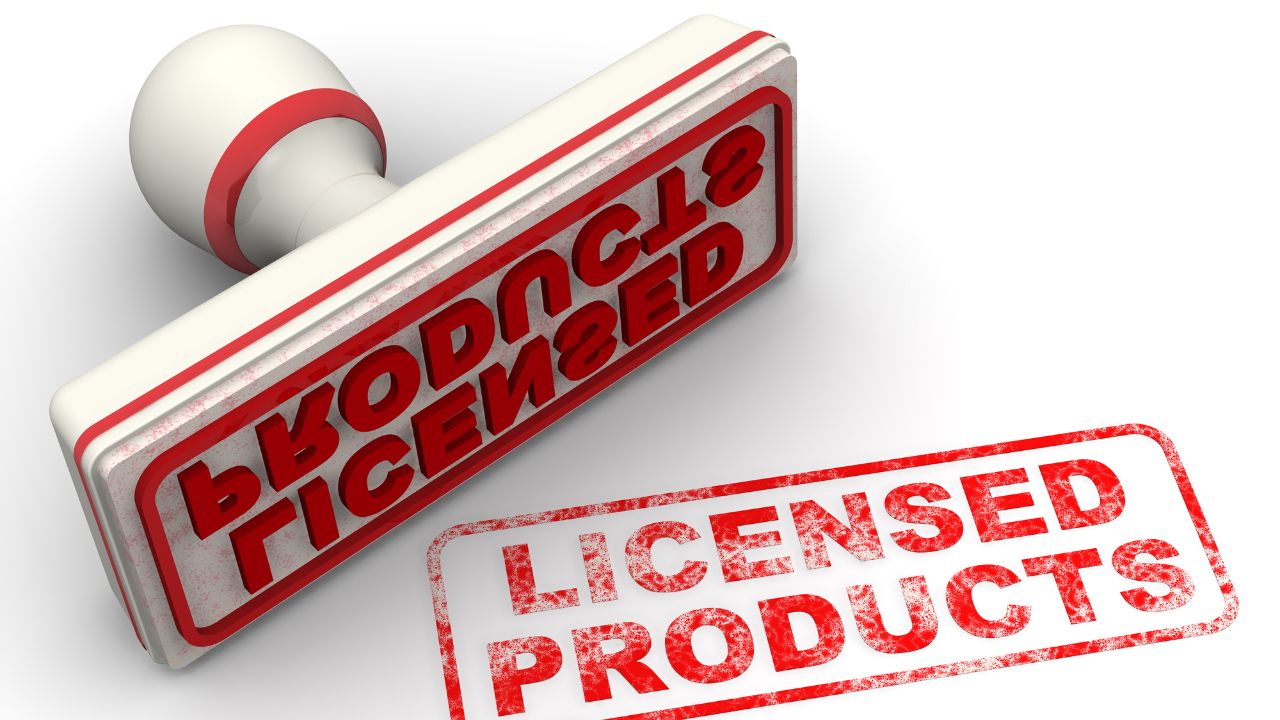If you have a great product idea but aren’t sure how to bring it to market, working with a product licensing company could be your smartest move. These companies serve as the bridge between inventors and established brands, helping turn ideas into successful, market-ready products.
Whether you’re an entrepreneur, a startup founder, or an independent creator, understanding how licensing works can open the door to real growth without the high costs of going it alone.
In this blog, we’ll explore how a product licensing company can help grow your idea and turn it into a profitable venture.
What Is a Product Licensing Company?
A product licensing company is a professional agency or firm that specializes in connecting inventors or creators with companies that want to license new products.
These companies manage the licensing process, help secure a licensing agreement, and provide guidance on protecting intellectual property. Some of them also deal with Brand Licensing and assist in licensing IP for broader applications.
Instead of manufacturing and selling your product yourself, you can allow another company (the licensee) to produce and distribute your idea in exchange for royalties. This creates a licensing opportunity that benefits both parties—you get paid for your idea, and the licensee gets a new product to add to their product line.
How Licensing Helps Grow Your Idea
1. Lower Financial Risk
Creating a product from scratch requires investment in product development, manufacturing, marketing, and retail sales. A product licensing company helps you avoid most of these expenses by finding a partner who will handle these tasks.
2. Faster Market Entry
By licensing your idea to a company with existing production and distribution systems, you can enter the market faster than if you built your own business from the ground up.
3. Access to Established Brands
Licensing can offer the chance to connect with well-known brands. Licensing a brand with a strong market presence can instantly elevate your product’s credibility and value. This boosts brand awareness and enhances brand identity in your market segment.
4. Expand Your Reach
A product licensing company often works with global partners. This means your idea has the potential to reach international markets—something that would be difficult to achieve on your own.
5. Focus on Innovation
Rather than worrying about logistics, marketing, or sales, you can focus on what you do best—creating. The licensing agent takes care of the business side while you continue to innovate.
The Licensing Process Explained
Here’s a simplified breakdown of the steps involved in the licensing process:
Step 1: Product Evaluation
Your idea is evaluated for market potential, uniqueness, and manufacturability. The product licensing company helps you determine if your concept is ready or needs refinement.
Step 2: Protect Your Idea
Before presenting it to potential licensees, your idea should be protected. This might involve filing for a patent, copyright, trademark, or licensing IP to ensure safety and value.
Step 3: Find Licensing Opportunities
Using their network, your licensing agent seeks out companies looking to expand their product line and matches them with your idea.
Step 4: Presenting the Product
Professionally designed pitch materials, such as sell sheets or prototype videos, are used to showcase your product to decision-makers.
Step 5: Negotiating the Licensing Agreement
Once a potential licensee is interested, your agent will help negotiate the terms of a licensing agreement. This contract outlines royalties, payment terms, exclusivity, territories, and duration.
Step 6: Ongoing Support
The product licensing company often continues to manage communications and ensures that the licensed product is moving forward as agreed.
Traits of a Successful Licensing Partnership
To create a successful licensing experience, both parties must bring value to the table. Here are a few traits that improve outcomes:
- Clear Communication: Everyone must be on the same page regarding goals and expectations.
- Market Fit: The licensed product should align well with the licensee’s current offerings.
- Strong Brand Recognition: Licensing a brand with an existing following can amplify reach and build brand awareness.
- Efficient Manufacturing and Distribution: The licensee should have the capacity to bring the idea to market quickly.
- Active Promotion: Marketing support is essential to driving retail sales and growing your brand identity.
Real-Life Licensing Success Stories
Some of the world’s best-selling products started as licensed ideas. From toys and tech gadgets to household tools, many creators have found financial success through licensing. For example, the popular kitchen tool “Snapi” (a one-handed food scoop) and the “Gator Grip” universal socket were both licensed ideas that went on to become best sellers.
These success stories prove that with the right licensing agent and a solid licensing agreement, you don’t need a big company or deep pockets to make a splash in the market.
When Should You Consider Licensing?
Licensing isn’t for everyone, but it’s ideal for:
- Creators who don’t want to manage production and sales
- Inventors who want to reduce financial risk
- Entrepreneurs looking for passive income
- Startups with limited capital
- Anyone with a unique product idea that fits an existing product line
If you identify with any of these categories, a product licensing company could be the solution to grow your idea efficiently.
Tips to Prepare for Licensing
Before approaching a product licensing company, do the following:
- Research the Market: Understand your competition and target audience.
- Build a Prototype or Concept Model: This helps convey your vision clearly.
- Create a Sell Sheet or Video: These materials show the product’s benefits and appeal.
- Secure Your IP: Get the right legal protection or begin licensing IP before sharing your idea.
Preparation shows that you’re serious and makes you more attractive to a potential licensee.
Avoid These Common Licensing Mistakes
- Skipping Research: Not every idea is license-worthy. Do your homework.
- Unclear Contracts: Always understand the terms of your licensing agreement.
- No IP Protection: Never pitch without proper legal safeguards.
- Choosing the Wrong Licensing Agent: Work with a reputable product licensing company that has industry connections and understands brand licensing.
Final Thoughts
Working with a product licensing company offers a streamlined, low-risk path to getting your product to market. With their help, you can access the resources, experience, and connections you need to turn a simple idea into a licensed product found on retail shelves. From matching you with the right potential licensee to managing the licensing process, the right partner can make all the difference.
Instead of going it alone, let licensing be your launchpad to success.
Ready to Grow Your Idea?
Partner with experts who understand your vision and can guide you through every step of the licensing journey. Visit Marketing Immersion today to learn how you can bring your product to life through smart licensing strategies.






